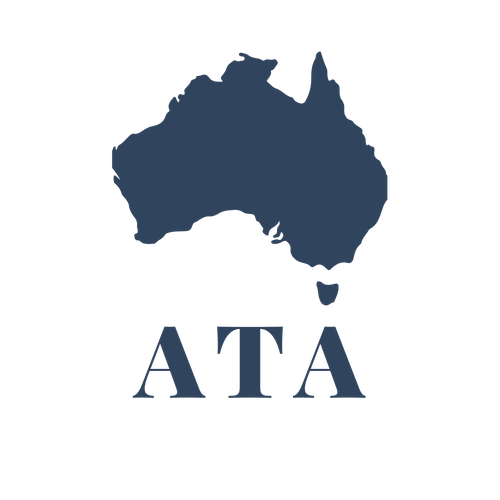Gas reserve is all hot air
Although they might lower power prices at least in the short-term, the Morrison government’s planned export restrictions on gas are a Band-Aid solution which will backfire and cause job losses and long-term damage to the economy, government revenues, and even natural gas supply. They are no substitute for boosting supply by removing unnecessary restrictions on gas extraction pervasive throughout our eastern states.
Australia is set to overtake Qatar as the world’s largest gas exporter and over 62 per cent of what we produce is cooled and shipped overseas as Liquid Natural Gas or LNG — primarily to lucrative Asia-Pacific markets. Demand for our gas from these markets helped to drive Australia’s recovery from the global financial crisis.
Yet as our export-driven gas industry has thrived, bringing in $9 billion a year in direct tax payments while supporting thousands of regional and urban jobs and 2.5 per cent of national GDP, domestic power prices have surged. The premature retirement of coal-fired power stations combined with increased reliance on heavily subsidised yet intermittent wind and solar energy, has meant we’re increasingly dependent on natural gas for baseload power.
This in turn has been blamed for volatile spikes in power bills with ACCC chairman Rob Simms blaming shortfalls in gas supply for a whopping 200-300 per cent price hike for some users. These surges have undermined our international competitiveness, with energy-intensive industries like smelting and manufacturing closing down shutters for good or relocating to countries where power bills are significantly lower. We’re all familiar by now with the well-worn yet truthful cliche of pensioners forced to shiver through the winter due to exorbitant heating costs.
But are a lack of export controls to blame? The US is a leading natural gas exporter which even uses its clout as leverage against political foes, notably when it promised to supply a share of Poland’s energy needs to reduce that country’s dependence on Russian gas.
Despite this, American consumers pay half or even a third of what we pay for electricity due to the US’s shale gas revolution which has generated enough supply to account for both domestic needs as well as a thriving export sector.
Australia has more than 257 trillion cubic feet (TCF) of identified gas resources, with a further 885 TCF in prospective resources. Much of these reserves remain locked away due to regulatory constraints on exploration and extraction such as blanket fracking moratoriums in places like Victoria and southeast South Australia.
Although Western Australia and the Northern Territory committed to abolishing their own fracking moratoriums recently after rigorous scientific inquiry and risk appraisal, these decisions will take years to come into effect and are unlikely to make a big difference to the east coast due to high transportation costs.
Gas must be extracted from close to where it’s used.
Unlike liberalising supply-side restrictions, domestic gas reservation will create sovereign political risk that undermines investment. It will create distortions in the economy that encourage investment in energy-intensive sectors which will suffer when a future shortfall in supply inevitably occurs — despite the reservation policy — due to the incentives against the heavy investment necessary to find and bring gas from beneath the earth to the market. In addition to decimating job growth by lowering investment in new projects, it will also punish Australian taxpayers and those reliant on public services by creating a shortfall in government revenue from royalties that will inevitably be made up by tax hikes or spending cuts.
But don’t take my word for it. Egypt was once hailed as a model for domestic gas reservation, yet that country now imports gas at global prices despite possessing 60 TCF of its own reserves due to the economic ill-effects of gas reservation.
The Australian Productivity Commission predicted similar consequences for Australia in 2015 if it enacted the policy and found that studies cited by gas reservation proponents greatly underestimated the long-run costs that would be imposed.
The Productivity Commission also found that while Western Australia benefits from its gas industry despite reserving 15 per cent of state gas for its own use, the benefits are likely to have been significantly less than what they would have been without a reservation policy. That state’s economy continues to face the lingering effects of the resource bust, having come out of its boomtime with significantly less state revenue than it could have possessed today.
The Morrison government may be eager to take a ‘big stick’ to power bills, but gas reservation is a radical and ill-fated move which will only take a big stick to the economy and the budget’s bottom-line.
There’s no reason why we can’t follow America’s lead by unleashing the potential of our own resources to deliver cheap energy for ourselves and also make the most of foreigners who are willing to pay a premium for our liquid gold.
This article appear in The Daily Telegraph on 7 August 2019.
